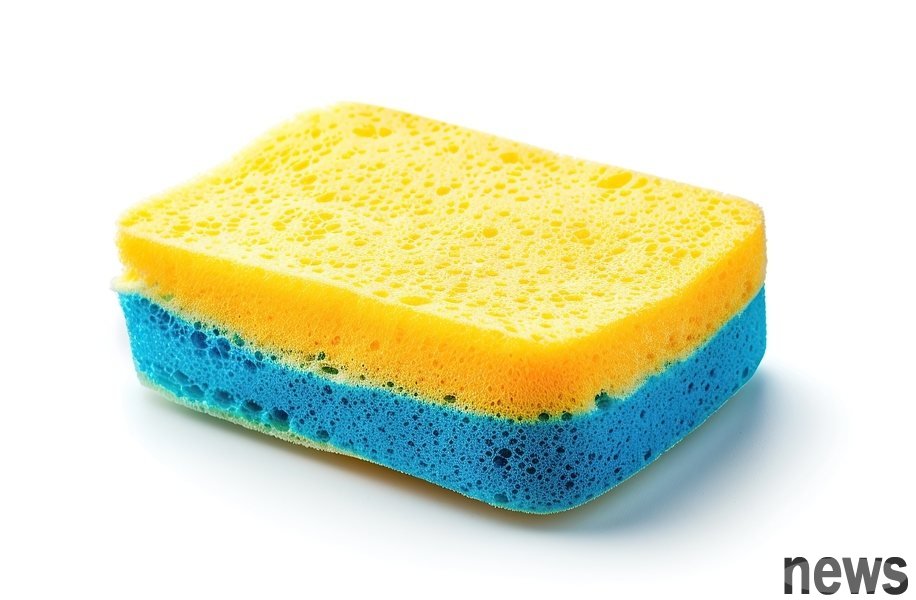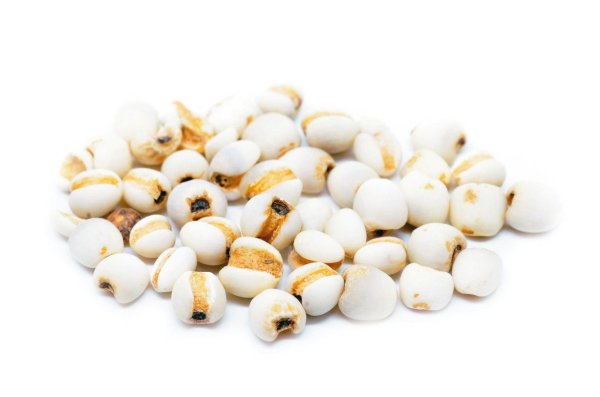Dishwashing sponges are "bacteria petri dishes". It is recommended to use these utensils for cleaning instead.

Every family has its own way of washing dishes. Some people prefer to use woven rags or microfiber cloths, others like to use sponges, and still others prefer to use a more labor-saving dishwashing brush. In fact, if you want to choose the most hygienic dishwashing tool, it's better to use a brush instead of a sponge.
Southern Living reported that dishwashing brushes are much more hygienic than sponges because dishwashing brushes dry faster and can kill hidden bacteria; and the brushes have a stronger scrubbing ability and can clean pots and pans without having to immerse your hands entirely. Many brushes can also be directly put into the dishwasher for cleaning.
Perhaps many people already know that kitchen sponges are very dirty. After absorbing water vapor, the sponge becomes a petri dish for bacteria. When using a dirty sponge to wash the dishes, it is equivalent to smearing bacteria everywhere. Therefore, experts do not recommend using sponges to clean sinks. Instead, sponges should be washed every day. If you don’t have time to clean the sponge, it is best to use a dishwashing brush instead.
Although sponges are easy to breed bacteria, many people are still accustomed to using sponges. Sponges tend to absorb water and foam, and some dishes require more gentle cleaning. For example, the gold edges of porcelain may be damaged by a dishwasher brush. It is recommended to put the sponge in the dishwasher for disinfection every day, or put it in a bowl and microwave it for one minute after soaking in water. In addition, do not use the sponge to clean dangerous dirt such as raw meat, and do not put the sponge at the bottom of the sink, but in a place that can be air-dried, such as a drain rack, and replace it with a new sponge every two weeks. Kitchen counters, stovetops, and other surfaces should be wiped with a clean rag and washed after wiping.
In some ways, dishwashing cloths are better than sponges. Although dishwashing cloths can breed bacteria like sponges, they are more environmentally friendly and easier to clean and reuse. You can prepare several dishcloths and replace them every few days or when there is a peculiar smell. When cleaning, you should wash them in hot water and air-dry them at high temperature.




